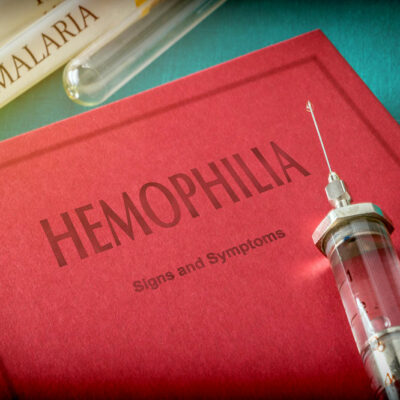
Nutrition Tips to Help Manage Bipolar Depression
Bipolar depression is a mood disorder that demonstrates discernible changes in mood between extreme happiness and severe depression. These mood cycles tend to alternate between two extremes of either intense excitement or depression. However, states of depression tend to happen more frequently as compared to the euphoric ones. Studies reveal that bipolar depression and nutrition are linked. It is believed that a nutritious diet will help in long term recovery of the condition.
- Diet rich in vitamins is helpful
A vitamin-rich diet plan needs to be followed to help alleviate symptoms related to bipolar depression. They help in your overall health and well-being. Complex supplements with folic acid have an energizing effect and help build up the immune system. Nutritionists recommend including vitamin B-1 (Thiamin), vitamin B-6 (Pyridoxine), vitamin B-12, vitamins A and D in everyday diet, as they have mood-elevating effects. - Diet rich in whole grains
The whole grain-rich diet has a calming and soothing effect on the mind. It boosts the production of serotonin in the brain. Foods, such as oatmeal, whole grain pasta, whole grain bread, quinoa, and brown rice, help to ease anxiety. - Omega 3 fatty acids
Omega 3 fatty acids are an essential part of nerve cells. Omega-3 supplements can help facilitate signaling between the brain cells and are worth incorporating into the diet. Cold-water fish, salmon, tuna, flaxseeds, sardines, and eggs contain the highest levels of this healthy nutrient. - Trace elements
Tuna, Brazilian nuts, shrimp, halibut, and sardines are rich sources of selenium. This is a trace element that is most important for the well-functioning of the brain and is known to stabilize mood. The deficiency of this trace element is linked to anxiety and depression. - Magnesium-rich foods
Scientists are conducting studies to have a better understanding of bipolar depression and nutrition. Magnesium-rich food such as black beans, chickpeas, lentils, soya beans may reduce bipolar depression symptoms. Almonds, cashew, and peanuts are also a rich source of magnesium. They help to soothe an overactive nervous system and play an important role in regulating the body’s stress response. - Probiotics
Probiotics are healthy bacteria that promote emotional health and immune function. Probiotic foods such as curd, miso, kombucha, kimchi contain live bacteria that release calming chemicals. - Dark chocolate
This is the best comfort food that has a calming effect. According to a study conducted on bipolar depression and nutrition, nibbling on dark chocolate daily may help lower stress. - Saffron
Saffron is known for its calming effect and antidepressant properties. It works well against depression. - Herbal tea
Chamomile herbal tea helps to relieve depression and anxiety.
A varied and healthy diet helps you avoid problems and relieve symptoms. Studies conducted on bipolar depression and nutrition reveal that limiting the intake of high-fat and sugary foods, caffeine, and alcohol helps relieve symptoms. It is seen that a nutrient-dense, healthy diet helps greatly when the body or mind is stressed.


